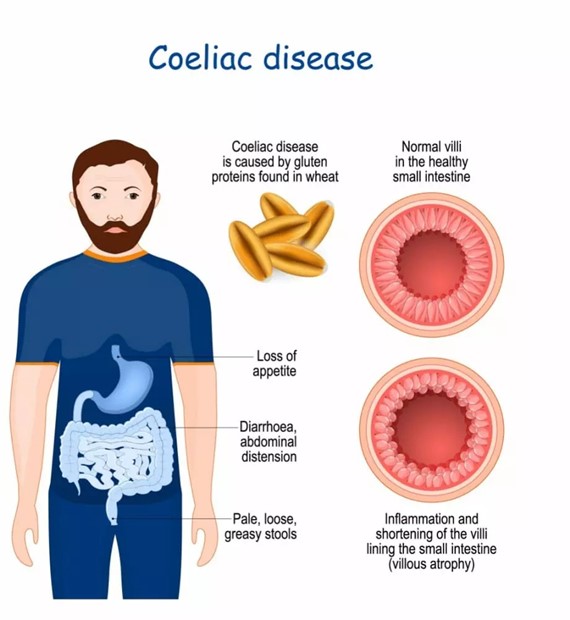A nurse is preparing to initiate enteral feedings for a client who has inflammatory bowel disease. The nurse should recognize that which of the following formulas is appropriate for this client?
Hydrolyzed
High-fiber
Low-protein
Low-calorie
The Correct Answer is A
Hydrolyzed formulas are appropriate for clients who have inflammatory bowel disease. Hydrolyzed formulas are composed of partially or fully broken down nutrients that are easier to digest and absorb. They can also reduce inflammation in the intestinal lining, which can help with Crohn's disease symptoms.
High-fiber formulas are not recommended for clients who have inflammatory bowel disease, as they may worsen diarrhea, abdominal pain, and intestinal obstruction.
Low-protein formulas are also not suitable, as they may lead to protein malnutrition and impaired wound healing.
Low-calorie formulas are not indicated, as they may cause weight loss and increased disease activity.
Nursing Test Bank
Naxlex Comprehensive Predictor Exams
Related Questions
Correct Answer is A
Explanation
Celiac disease is an autoimmune disorder in which the ingestion of gluten, a protein found in wheat, rye, and barley, triggers an immune response and causes damage to the small intestine. Therefore, individuals with celiac disease need to follow a strict gluten-free diet.
Rice cereal with sliced bananas: This is a suitable choice as long as the rice cereal is gluten-free and there is no cross-contamination with gluten-containing ingredients. Rice is
naturally gluten-free, and fresh fruits like bananas are safe for individuals with celiac disease.
Rye toast with herbal tea: Rye is a gluten-containing grain, so rye toast is not suitable for someone with celiac disease. Herbal tea is typically gluten-free, but the toast is not appropriate.

Graham crackers with peanut butter: Graham crackers are usually made with wheat flour, which contains gluten. Therefore, they are not suitable for someone with celiac disease.
Poached eggs with wheat bagel: Wheat is a gluten-containing grain, so a wheat bagel is not appropriate for someone with celiac disease.
It is essential for individuals with celiac disease to carefully read food labels and select gluten-free options.
Correct Answer is B
Explanation
Corn: Corn is a gluten-free grain and can be included in a gluten-free diet for individuals with celiac disease.
Wheat germ: Wheat germ is derived from wheat and contains gluten. Therefore, it should be avoided by individuals with celiac disease.
Salami: Salami is a processed meat product that may contain gluten-containing additives or fillers. Therefore, it is important for individuals with celiac disease to carefully read the ingredient labels of processed meat products or opt for certified gluten-free alternatives.
Barley: Barley is a gluten-containing grain and should be strictly avoided by individuals with celiac disease.
It is important for individuals with celiac disease to carefully read food labels and select gluten-free alternatives. Gluten-containing grains and their derivatives, such as wheat, barley, and wheat germ, should be avoided. Safe alternatives, such as corn, rice, quinoa, and Gluten-free oats, can be included in the diet.
Whether you are a student looking to ace your exams or a practicing nurse seeking to enhance your expertise , our nursing education contents will empower you with the confidence and competence to make a difference in the lives of patients and become a respected leader in the healthcare field.
Visit Naxlex, invest in your future and unlock endless possibilities with our unparalleled nursing education contents today
Report Wrong Answer on the Current Question
Do you disagree with the answer? If yes, what is your expected answer? Explain.
Kindly be descriptive with the issue you are facing.
